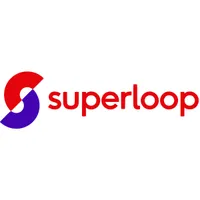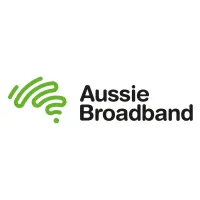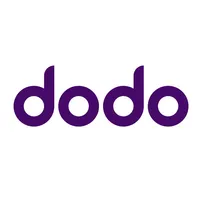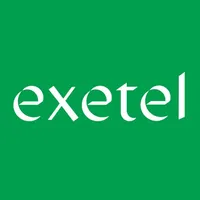One week into NBN price hikes, these are the plans Australians are buying
Australia has a need. A need for speed.
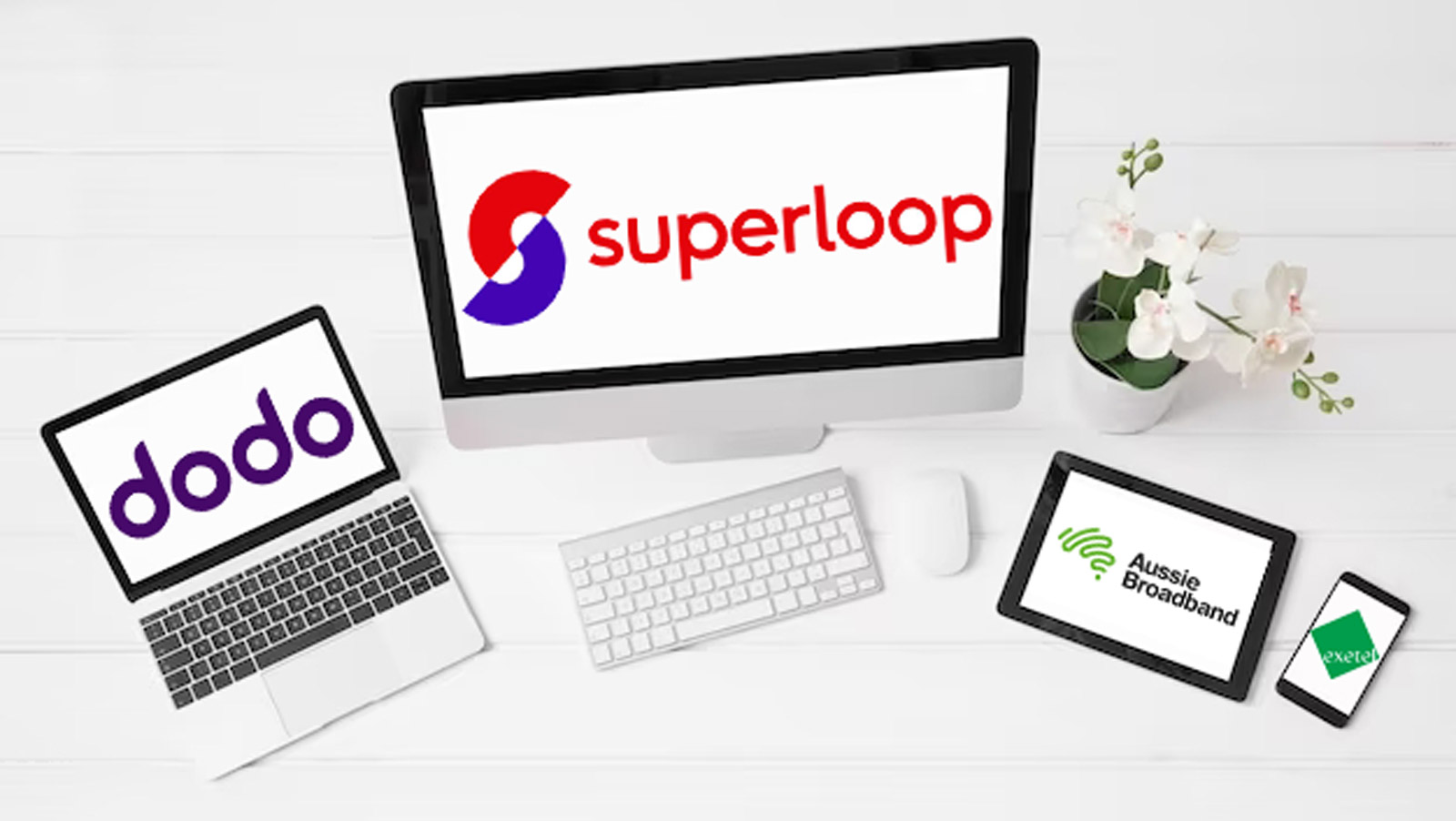
Following the confirmation and subsequent introduction of price increases and decreases across the entire NBN landscape, we wanted to see if and how it had affected the decisions Australians have made when it comes to switching their NBN plan.
For context, NBN Co in conjunction with the Australian Competition and Consumer Commission (ACCC), have been going back and forth the last couple of years, in an attempt to agree upon a new pricing structure for Australia’s largest broadband network.
The new pricing structure was needed, says NBN Co, to not only change in line with the consumer price index (CPI) but to also help pay off the debt generated by upgrading the infrastructure to a full fibre broadband network.
The ACCC, understandably, did its part to ensure any agreed upon pricing — which relates to the wholesale price NBN Co charges providers — still encouraged competition within the NBN space. The ACCC wanted a fair deal for the end consumer once those wholesale price changes were inevitably passed onto them.
The final result has meant that slower NBN plans — those delivering 25Mbps and 50Mbps download speeds — have seen their price increase, but faster NBN plans — those delivering 100Mbps download speeds and faster — have actually been on the receiving end of a price decrease.
The hope is that these price decreases will encourage Australians to sign up to any of the best NBN 100 plans, best NBN 250 plans or even the best NBN 1000 plans and revel in speedy download heaven.
But, 10 days on from the price changes that were introduced on December 1, 2023, has that actually happened?
At Tom’s Guide, we use data from WhistleOut to compare the best NBN plans, but we can also use data to find out the most popular plans of the past seven days, based on user clicks and the results are pretty clear: Australians are hankering for fast NBN.
Two providers and one speed tier on top
The top two most popular NBN plans of the past seven days were both NBN 1000 plans, from Aussie Broadband and Superloop. Rounding out the top three is Dodo's 100Mbps plan — most likely due to a WhistleOut exclusive discount live right now — while NBN 100 plans from Aussie Broadband and Superloop once again round out the top five.
On paper, there is little to separate the ultrafast plans from Aussie Broadband and Superloop, other than the price, as both claim to deliver 600Mbps during the commonly busier hours of 7pm to 11pm (otherwise known as typical evening speed).
I’ve previously claimed Superloop’s NBN 1000 plan to be unrivalled, because at AU$99p/m for the first 6 months and a total of AU$1,248 for the first year of the service, it’s cheaper than approximately half of all the slower NBN 250 plans we monitor, over the same first year period.
Superloop | NBN 1000 | AU$99p/m (for 6 months, then AU$109p/m)
Superloop has commanded the position of cheapest NBN 1000 plan provider for some time now, and even with price decreases coming into effect from other providers, we can't see it being dethroned.
Admittedly, reviews of Superloop are a mixed bag, making it tricky to settle on a resolute conclusion in regards to the experience you'll have. The majority of complaints relate to customer service, but again, not every customer has bad things to say.
If you're put off by the idea of potentially receiving poor customer service, then you're far more likely to be interested in Aussie Broadband's equivalent plan. However, this would set you back an extra AU$300 more over the first year. While we can wholeheartedly recommend Aussie Broadband as a provider, if you're looking to spend as little as possible on near-gigabit speeds, Superloop would be our choice.
You can read more about the quality of service, connection and any other included extras in our Superloop review.
Total minimum cost: AU$99
Total cost of first year: AU$1,248
Ongoing yearly cost: AU$1,308
Aussie Broadband’s equivalent plan costs a little more than Superloop’s, but the Australian-owned telco is consistently ranked among the very best when it comes to customer service. For some users, this onshore Australian technical support could be priceless (and well worth the AU$10 to AU$20 monthly premium over the Superloop plan).
Aussie Broadband | NBN 1000 | AU$129p/m
Aussie Broadband's gigabit NBN plan isn't subject to any introductory discounts right now (although we have previously seen them) so the cost may be a little harder for some to stomach, but the service provided could prove to be priceless.
As previously mentioned, Aussie Broadband scores highly when it comes to speed and customer service, with numerous customers praising the telco for its technical support in particular.
But, AU$129 per month pricing does put it roughly midway between the cheapest and the most expensive providers at this speed. It is worth noting that it is still less than the AU$134 monthly average that we've calculated.
You can read more about the quality of service, connection and any other included extras in our Aussie Broadband review.
Total minimum cost: AU$129
Total yearly cost: AU$1,548
Aussie Broadband and Superloop featured once again in the top five most popular options for their NBN 100 plans, although neither advertise the maximum 100Mbps typical evening speeds.
Dodo, which takes the number three spot, also doesn't advertise the maximum 100Mbps speeds, instead quoting 95Mbps. In the real world, you're unlikely to notice this drop, although we appreciate if some customers do want to get the maximum possible service for their money.
Exetel however — which is coincidentally owned by Superloop — does, and while it just misses out on the top five, we still felt compelled to mention it here due to its Speed Boost days feature.
Dodo | NBN 100 | AU$67.50p/m (for 6 months, then AU$85p/m)
Dodo's 100Mbps NBN plan is currently on the receiving end of an exclusive WhistleOut discount, seeing its six month introductory price drop to just AU$67.50, before increasing to a competitive AU$85p/m.
Dodo also states that if you bundle this NBN plan with other utility services such as electricity and/or gas, you stand to make extra savings. Finally, as part of the exclusive offer, you'll also get AU$20 off the cost of the modem, bringing it down to AU$79.
The offer runs until February 27, 2023.
Total minimum cost: AU$67.50
Total first year cost: AU$915
Ongoing yearly cost: AU$1,020
Exetel | NBN 100 | AU$68.99p/m (for 6 months, then AU$84.99p/m)
Exetel regularly features in our round-up of the best NBN plans, due to its combination of low-cost NBN plans and generally reliable service.
The overall picture painted by online reviews isn't that great, initially. While the average review score for Exetel isn't that high on Product Review, scrolling through the more recent reviews tends to show a number of four and five star reviews, indicating Exetel has been improving its service.
What's good about this Exetel NBN plan, is that it comes with the added benefit of a Speed Boost Days feature. This can only be used by customers with fibre-to-the-premises (FTTP) or hybrid fibre coaxial (HFC) connections, and allows them to temporarily boost the speed of their service to the next tier for 24 hours — 250Mbps NBN 250 — for free, five times a month.
You can read more about Exetel as an NBN provider, including its service and extra features in our Exetel review.
Total minimum cost: AU$68.99
Total cost of first year: AU$923.88
Ongoing yearly cost: AU$1,019.88
Keen to see which other NBN plans are currently ranked among the top 10 most popular on WhistleOut? You can check out the widget below, and if any of the NBN plans take your fancy, simply click through to be taken to the sign-up page.
Get instant access to breaking news, the hottest reviews, great deals and helpful tips.

Max is a digital content writer for Tom’s Guide in Australia, where he covers all things internet-related, including NBN and the emerging alternatives, along with audio and visual products such as headphones and TVs. Max started his career in his homeland of England, where he spent time working for What Hi-Fi? and Pocket-lint, before moving to Australia in 2018.
 Club Benefits
Club Benefits





